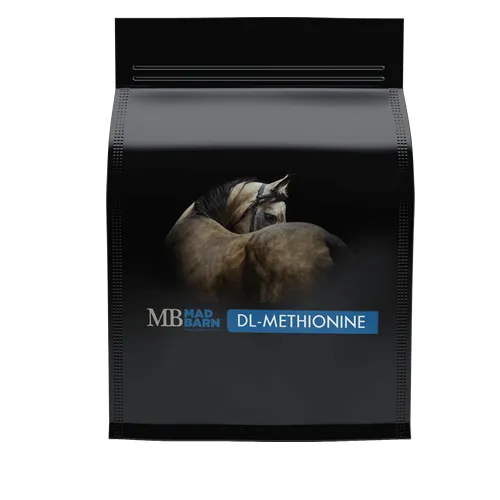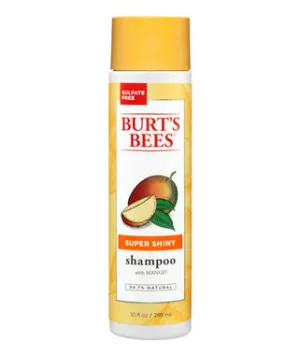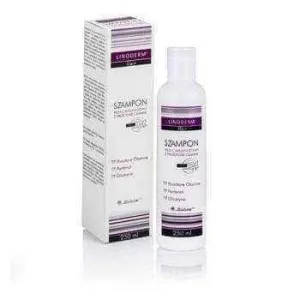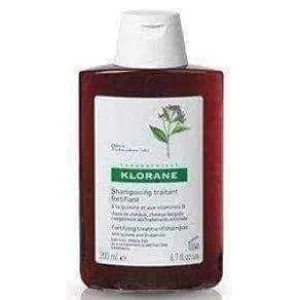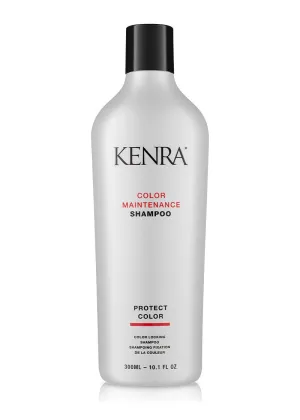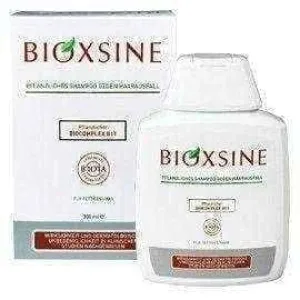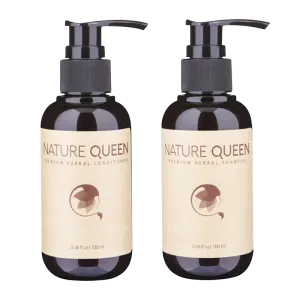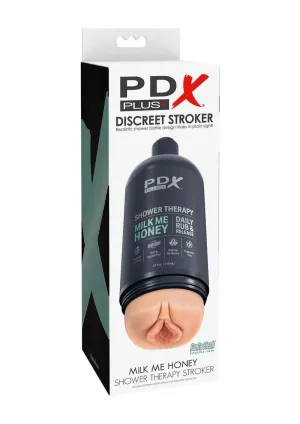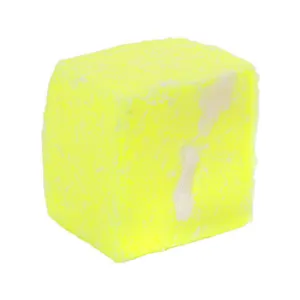Methionine is required in the diet because horses cannot produce it themselves. Commonly fed cereal grains and grasses are typically low in this nutrient, along with and .
Supplementing your horse’s diet with methionine can help to support healthy hooves and joints and meet the demands for protein synthesis in the body.
Horses that have hoof problems like cracking or crumbling hooves might benefit from supplemental methionine in the diet. In addition, horses that have higher protein needs like lactating mares, heavily exercised horses, and growing animals also have a higher demand for methionine.
The NRC (2007) estimates that methionine should account for 1.2% of dietary crude protein intake. The crude protein requirement for a 500 kg horse is 630 grams per day which yields a methionine requirement of 7.5 grams per day for a horse at maintenance.
The requirement in growing horses is estimated to be 8 to 11 grams per day. Horses that are exercising regularly require anywhere from 0.5 to 2 grams of additional methionine (or 8 ro 10 grams total) depending on the intensity of exercise.
Horses that exhibit any of the following signs might have a protein deficiency in their diet:
- Poor hoof growth
- Poor coat quality
- Loss of muscle mass
- Flagging stamina
- Low milk production in lactating mares
This could be due to insufficient protein in the diet or because the body does not have enough of certain rate-limiting essential amino acids to synthesize proteins.
Amino acids are the building blocks for protein in the body. Optimal protein synthesis can only occur when all essential amino acids are sufficiently available.
In horses, lysine is the first limiting amino acid meaning it is most likely to be low in the diet and protein synthesis rates will not be optimal until there is enough lysine.
Methionine and threonine are often considered the second and third limiting amino acid in horses. Methionine is important for protein synthesis in all cells of the body because it is the first amino acid that is put into proteins as they are made.
Ensuring horses get enough lysine, methionine, and threonine will help support growth and exercise recovery which are heavily dependent on adequate protein production by the body.
ROLES OF METHIONINE IN THE BODY
Methionine is an important precursor for the production of glutathione – a key antioxidant found in all cells of the body.
Horses that have inadequate levels of this amino acid might show signs of oxidative stress including slow recovery from exercise, as well as more frequent illness and slow recovery from illness.
Horses with frequent allergic reactions like heaves might benefit from methionine supplementation to support their antioxidant status.
Methionine helps maintain healthy joints, connective tissue, cartilage, and hooves. Horses with weak hooves that are cracking or crumbling might benefit from supplementation to strengthen their hoof structure.
Methionine is converted into the amino acid cysteine, which is a sulfur-containing molecule that helps proteins maintain their structure. It is especially important for glucosamine, collagen, and keratin formation, which are proteins that are abundant in joints, connective tissue and hooves.
Methionine is converted to s-adenosyl-L-methionine (SAM), which is an important methyl donor in all cells. It provides a methyl group (one carbon with 3 hydrogen atoms attached) to numerous compounds like DNA and proteins which alters their function.
Methylation of DNA is an important way that cells control which genes are turned on and off. Having adequate methionine helps cells stay heathy by supporting proper DNA expression.
Like other amino acids, excess methionine in the body is broken down and excreted as urea in the urine. While this typically does not cause significant issues, if urine production is high to eliminate a lot of excess amino acids, it can contribute to water loss and could interfere with acid-base balance. Be mindful of this when supplementing amino acids to horses by ensuring they are getting adequate access to water.
You should always consult a qualified nutritionist before altering your feed program.
Please consult a qualified nutritionist or veterinarian for recommended inclusion rates in your horse’s diet.
| Body Weight | Scoops | Dose |
| < 200 kg | 1/2 scoop | 2.5 g |
| 200 – 500 kg | 1 scoop | 5 g |
| > 500 kg | 1.5 scoops | 7.5 g |
| 1 scoop = 9 cc = 5 grams | ||
| FEEDING DIRECTIONS: | ||
|---|---|---|
| Ingredient | Serving Size | |
| DL-Methionine 99% | 2 - 10 g per day | |
Ingredients: DL-Methionine 99%.




